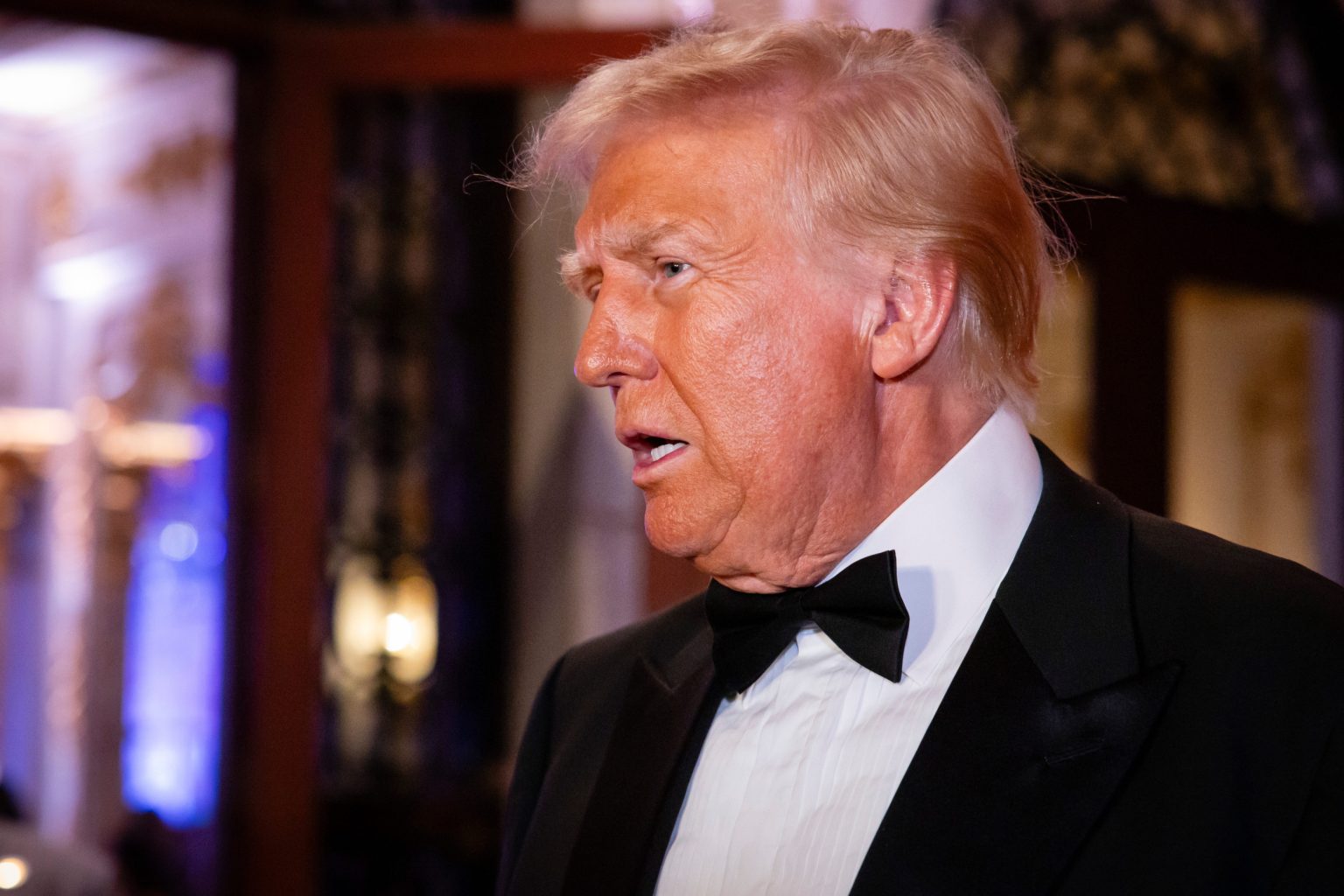Donald Trump’s seemingly shifting stance on the H-1B visa program has sparked confusion and debate, highlighting the complexities of immigration policy within his political platform. The H-1B visa program, designed to attract highly skilled foreign workers to the United States, has become a contentious issue, with proponents arguing it is crucial for economic growth and innovation, while critics express concerns about its potential impact on American jobs. Trump’s recent statements appear to contradict his previous criticisms of the program, raising questions about his true intentions and the potential influence of his advisors and supporters.
Historically, Trump has expressed skepticism towards the H-1B visa program, characterizing it as detrimental to American workers. During his 2016 presidential campaign, he pledged to prioritize American workers and reform the H-1B system to prevent its exploitation. However, in recent comments, Trump has seemingly reversed course, expressing support for the program and emphasizing the importance of attracting skilled individuals to the country. This apparent shift has led to speculation about the motivations behind his evolving position.
Several factors may be contributing to Trump’s nuanced stance on H-1B visas. Firstly, the influence of his business-oriented advisors and supporters, such as Elon Musk and Vivek Ramaswamy, cannot be overlooked. Both Musk and Ramaswamy have advocated for the H-1B program, emphasizing its role in fostering innovation and competitiveness. Trump’s alignment with their views suggests a prioritization of economic growth and a recognition of the program’s potential benefits for American businesses.
Secondly, Trump’s apparent change of heart could be a strategic move to broaden his appeal beyond his core base. By acknowledging the value of skilled foreign workers, Trump may be attempting to attract moderate voters and business leaders who see the H-1B program as essential for economic prosperity. This pragmatic approach could help him garner wider support and bolster his political standing.
Thirdly, Trump’s statements may reflect an attempt to reconcile seemingly conflicting priorities within his platform. While he has historically championed an “America First” agenda, emphasizing the protection of American jobs, he also recognizes the importance of attracting talent and maintaining a competitive edge in the global economy. His recent comments suggest an effort to balance these competing concerns, albeit potentially at the risk of alienating some of his staunch supporters.
However, Trump’s evolving position on H-1B visas has not been without criticism. Some observers view his apparent shift as opportunistic and inconsistent with his previous rhetoric. Critics argue that his newfound support for the program is driven by political expediency and a desire to appease influential figures within his circle. These criticisms raise concerns about the authenticity of Trump’s commitment to protecting American workers and his willingness to prioritize business interests over the concerns of his base.
The long-term implications of Trump’s stance on H-1B visas remain to be seen. Whether his apparent support for the program translates into concrete policy changes is uncertain. The complex interplay of political considerations, economic realities, and the influence of his advisors will likely shape his future actions on this issue. Ultimately, Trump’s approach to H-1B visas will be a key indicator of his broader immigration policy and his commitment to balancing competing priorities within his political platform.

